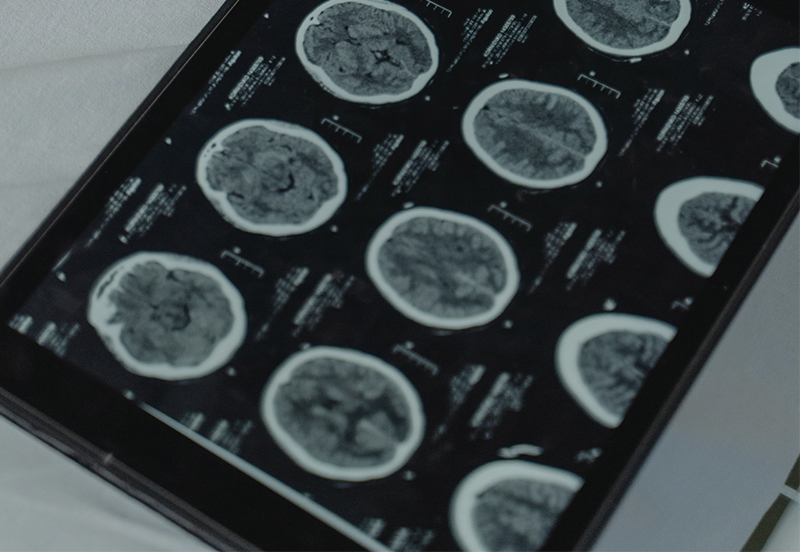So you want to form a company, but you’re not sure about all the different types of business structures? It’s a problem that millions of Americans have every year, and without the right direction or knowledge it can be a treacherous situation. The following information will attempt to explain the various types of Business structures that are available to the citizens of South Carolina.
Sole Proprietorship
The sole proprietorship is a simple informal structure that is inexpensive to form. It is usually owned by a single person or a marital relationship. The owner operates the business, is personally liable for all business debts, can freely transfer all or part of the business, and can report profit or loss on personal income tax returns using the Schedule C.
C Corporation
This is a complex business structure with more start-up costs than most other forms. A corporation is a legal entity separate from its owners, who own shares of stock in the company. It can be created for profit or nonprofit purposes, and may be subject to increased licensing fees and more government regulation than other forms. Profits are subject to income tax at both the corporate level and again when distributed to shareholders.
Shareholders are not personally liable for corporate obligations unless corporate formalities have not been observed. Corporate formalities include: issuing stock certificates, holding annual meetings, recording the minutes of the meetings, electing directors or ratifying the status of existing directors. Corporation formation must be assisted by a qualified attorney.
S Corporation
This structure is identical to the C Corporation in many ways, but offers avoidance of double taxation. If a corporation qualifies for “S” status with the IRS, it is taxed like a partnership. This means the corporation is not taxed, but the income flows through to the shareholders who report the income (their share) on their individual returns.
General Partnership
Partnerships are inexpensive to form. They require an agreement between two or more individuals or entities to jointly own and operate a business. Profit, loss and managerial duties are shared among the partners, and each partner is personally liable for partnership debts.
Partnerships do not pay income tax, but must file an informational return, while individual partners report their share of profits and losses on their personal return. Short term partnerships are also known as joint ventures.
Limited Partnership
Limited partnerships are a partnership that have both limited and general partners. The general partner is liable for debts of the partnership and assumes management responsibility. The limited partner typically has little voice and looks more like a shareholder. This agreement is often looked at as a hybrid between partnership and sole proprietorship for tax and like a corporation for liability.
Limited Liability Company (LLC)
The LLC is generally considered the most advantageous for small businesses because it combines the limited personal liability feature of a corporation with the tax advantage of a partnership or sole proprietorship.
It is important to note that LLCs in South Carolina are automatically dissolved upon the death of any member (owner). This may be avoided by stating in the membership agreement that “The company (LLC) is not dissolved upon the death of any member.”
LLCs must indicate whether they will be member-managed or manager-managed. Typically, multi-member LLCs are encouraged to put in the member agreement an exit plan or buy-out agreement. This is easy to do when the LLC is created, and can be very difficult when a member begins to entertain thoughts of leaving the company.
Every single one of these business structures offers various advantages and potentially influential disadvantages. It’s important that you sit down with a knowledgeable attorney who can explain and advise you on the best course of action that would be applicable in your business venture. You should speak with an experienced Chester, South Carolina attorney regarding these issues.
Gaston, Marion & Stubbs P.A., is a full-service law firm with an outstanding team of professionals who work diligently, creatively and compassionately on behalf of our clients each day. With offices in Chester, 803-385-2114, and Richburg, 803-789-2114, call today for a free consultation.





